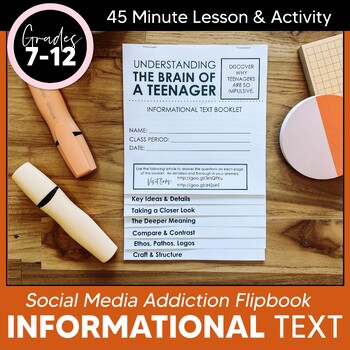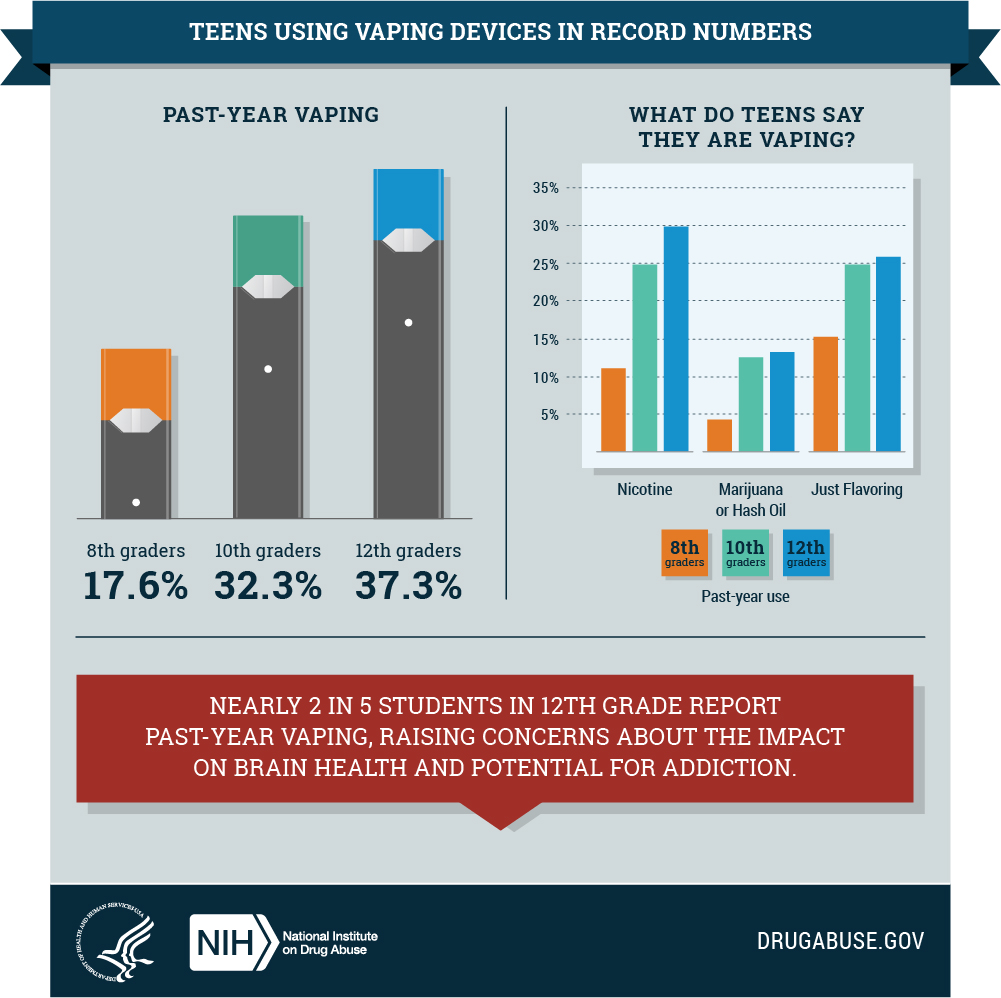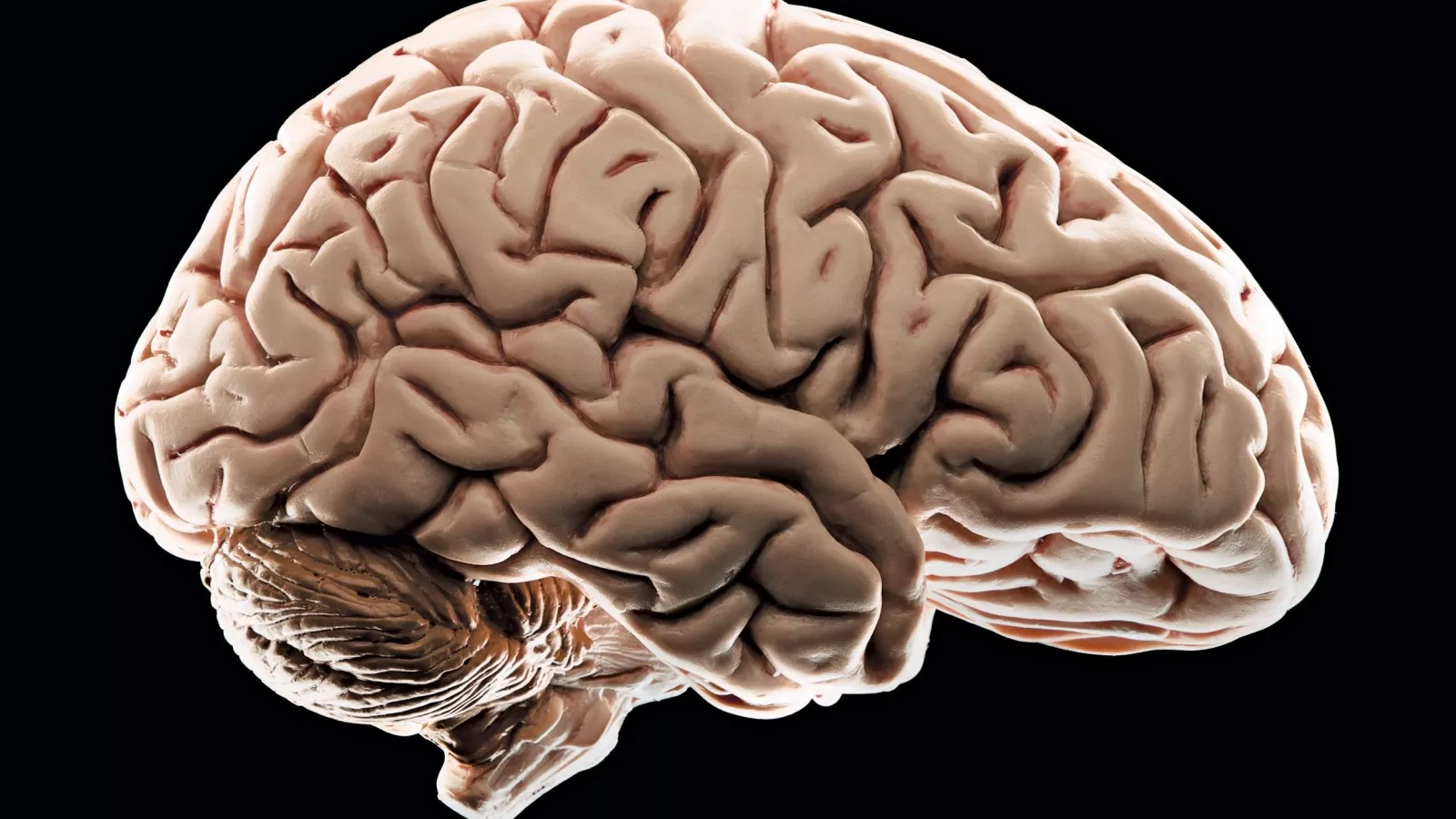The human brain undergoes significant changes during adolescence, a period marked by rapid physical, emotional, and cognitive development. In recent years, scientists have made a number of surprising discoveries about the teenage brain that have shed light on this complex and often misunderstood stage of life.
One of the most significant findings related to the teenage brain is the fact that it is still in the process of developing and maturing. While the brain reaches its full size by the time an individual is in their mid-20s, the connections between brain cells, known as synapses, continue to grow and strengthen throughout adolescence. This process, known as neuroplasticity, allows the brain to adapt and learn new things more easily, but it also means that the teenage brain is more vulnerable to the effects of stress and other environmental influences.
Another important discovery about the teenage brain is that it is more sensitive to rewards and rewards-based learning than the adult brain. This means that teenagers are more likely to be influenced by things like social approval, peer pressure, and other forms of positive reinforcement. This sensitivity can be both a blessing and a curse, as it can drive teenagers to work hard and achieve their goals, but it can also lead to risky or impulsive behavior if they are not properly guided.
One of the most controversial findings about the teenage brain is that it is not fully developed in terms of decision-making and impulse control. This has led to debates about the age of criminal responsibility and the ability of teenagers to fully understand the consequences of their actions. While it is clear that the teenage brain is still developing, it is important to note that adolescents are still capable of making responsible decisions and should be held accountable for their actions.
Overall, the research on the teenage brain has provided valuable insights into the unique challenges and opportunities that adolescents face as they navigate this important stage of life. By understanding the changes that are taking place in the teenage brain, parents, educators, and policymakers can better support and guide young people as they grow and mature.
Startling Finds On The Teenage Brain

From Sarah Jayne Blakemore's Ted talk, major takeaways about the difference between the adult and adolescent brain is the fact that the adolescent brain is the beginning of biological, hormonal, physical changes of puberty, while the adult brain is matured completely. The final example is shopping online is faster and easier to buy merchandise that you need. Another example is that disable people can sustain themselves without any help and earn a living. Lundstrom agrees later on and agrees with Thompson, "They are not adults" Lundstrom 15. When a person turns eighteen you have the opportunity to do certain things, such as no longer having a curfew, being able to purchase alcohol ,and also voting rights, meaning that you are completely responsible for the actions you take.
Summary Of Startling Finds On Teenage Brains By Paul Thompson

It is believed that the massive brain loss tissue supports all teens thinking and emotions. Also, another argument brought up was the age of teens being prosecuted in adult courts. Hatase is the first person who have studied how they are different. No teenager should have to face the punishment of an adult because the juvenile will not have fully developed the brain at such early of an age, will have created a life lasting barrier from employment and may create even more future crimes, rather than stopping them. Provencio said that he pointed the gun and shot the victim, not knowing that the gun was loaded. He develops this claim by first introducing Nathaniel Brazill, a fourteen-year-old, who was tried and found guilty of second-degree murder in the killing of his middle school teacher.
Startling Finds On Teenage Brains: Article Analysis

We all know that there are slice differences, but Dr. When Anderson interviewed Greg, he saw a completely mature man with wishes to work with young people, to teach them what can go wrong by using his life as an Kids Are Kids Until They Commit Crimes Essay 650 Words 3 Pages For example, Nathaniel Brazill was 13 years old when he was guilty of shooting a middle school and charged with second degree murder. The author argues that teens who commit heinous crimes should receive life without the possibility of parole and that the victims rights should be considered. Paul Thompson is an assistant professor of neurology at the University of California, Los Angeles, School of Medicine. This way of behavior, leads up to minor crimes that harm the lives of future adults. The reason why I will use this article is because it explains how psychology and mentally the teenager does things without them knowing why. The jurors, by returning a verdict of seconddegree murder instead of first, indicated that they believe Brazill's actions, while not accidental, were not fully thought-out, either.
Study: The Pandemic Aged Teenage Brains

. What is clear from the research is that the parts of the frontal lobes that inhibit reckless actions restructure themselves with startling speed in the teen years. It is not fair that the age of eighteen to twenty-five is charged as an adult, but the fifteen, sixteen, or seventeen year old is let off easy. Specifically, in the article and on paragraph 6 the author uses examples from his research and resides it with the current topic and to his own opinions, in the paragraph he mixed both ethos and logos to try in luring readers. They do not believe in the aftermath of occasions. It is only natural to listen to and learn from others. If a juvenile offender is grown enough to make a decision of committing crimes, then they should be grown enough to be tried as an adult.







